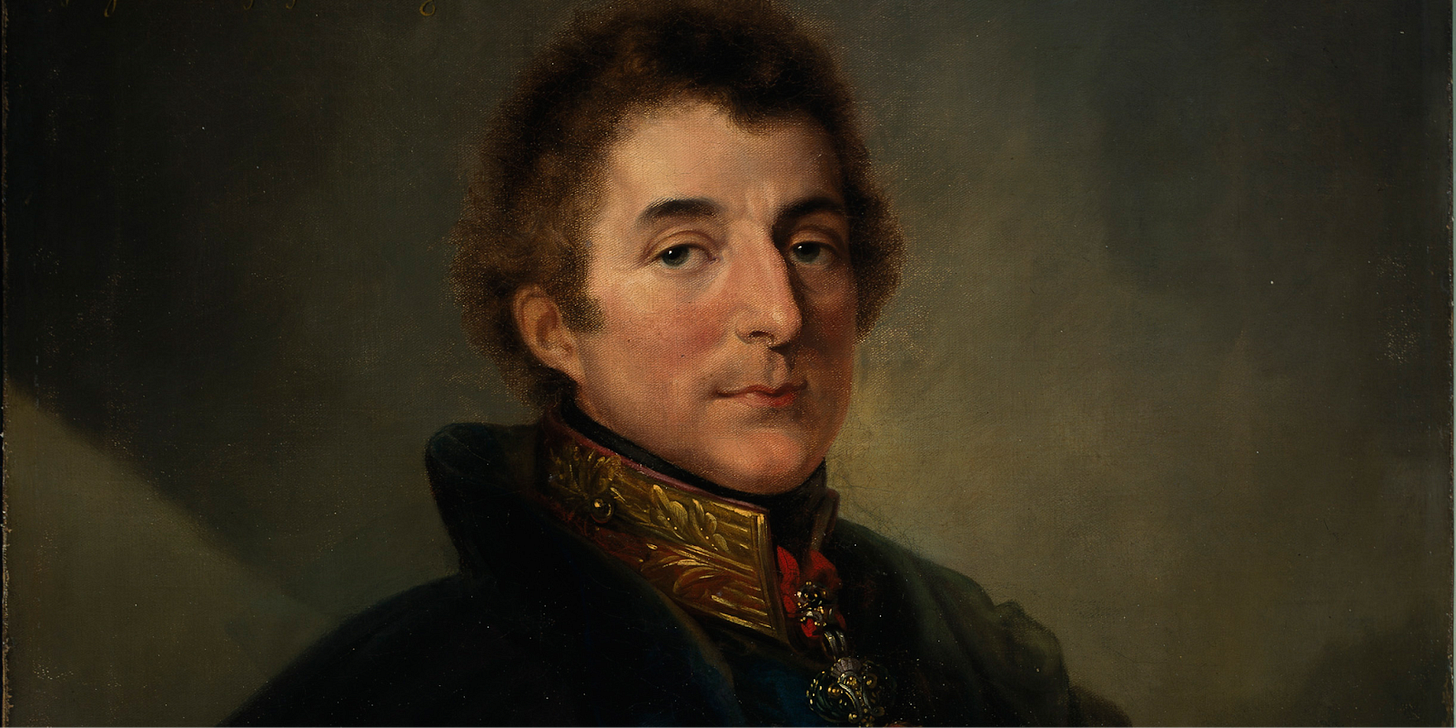When responsible citizens see something they don't like in their country, they want to fix it. But first they should determine whether they're dealing with a bug in the system, or a feature.
Most people don't like war, yet war has been a central aspect of nearly every human society in history. Is war a bug in humanity's operating code, a malfunction that can be fixed? Or is it a feature, a crucial part of what makes us what we are?
War's negativity is obvious. It’s the most destructive of common human behaviors, claiming lives and undoing large parts of what humans work hard to accomplish in peacetime.
Yet if war were simply negative, it would have disappeared long ago. If built into our DNA, our biological inheritance, it would have been selected against and eliminated, not least by the premature deaths of all those warriors over time. If part of our cultural inheritance, the cultures that practiced war would have lost out in the endless competition among cultures in history.
But it’s still with us. The conclusion is unavoidable that it must produce positive results that outweigh the negative factors.
When the question is phrased this way, the positive results are easy to identify. Societies quick to go to war and successful at waging it survive and prosper. And individuals within societies who excel at war gain the praise of their society and the other good things society has to offer.
The examples in history are legion. Rome conquered its neighbors and spread its customs, laws and language across Europe and the Mediterranean. Arab warriors burst from the Arabian peninsula across North Africa to southwestern Europe, planting their language and religion on most of the way. The United States expanded its institutions and values across North America, defeating myriad indigenous tribes and several foreign competitors. In each case generals were honored, sometimes with the highest political offices.
Yet the question is more complicated than this first take allows. The benefits of war aren’t spread uniformly. Julius Caesar advanced from general to dictator, and George Washington from general to president. But each left a bloody trail behind him, and not simply of enemy soldiers. Caesar’s legionnaires and Washington's soldiers got paid, but was the pay enough to compensate for the risk? Not entirely, for both Rome and the United States resorted to conscription to fill the ranks.
Which makes clear that war is a complicated phenomenon, even among the winners. This said, a nearly constant theme in history is the glory of dying in battle for one's country. Paradoxically, it’s often been more glorious to die in battle than to survive battle. This is a bit like praising the losers in an athletic contest more than the winners. What's going on?
Here's where the human psyche and the way it has evolved come into play. Through some combination of genetics and acculturation, human males became inclined to show that they were brave in battle. Not all males, but enough to keep war going as a social enterprise. Some of this was in pursuit of the approval of females. Again, not all of them. But the call to the arms of women was sufficient to make the men answer the call to the arms of war.
In modern times the inclination and rewards have been modified and redirected. Sports heroes often take the place of military heroes. Team sports are stylized warfare, down to the uniforms the players wear. In America in particular, sports and war are symbolically linked by the military honor guards that present the flag before games, by the singing of The Star-Spangled Banner, and, before certain big games, by flyovers by military aircraft.
Wellington famously said that the battle of Waterloo was won on the playing fields of Eton. Maybe if there were more Etons there would be fewer Waterloos.
Indeed, for a century in Europe it looked as though that was becoming the case. More people played organized sports and there were fewer wars. Of course there were other things going on, that had a larger impact on the decline in armed conflict.
Anyway, war revived with a vengeance in 1914. It slowed again after 1945, with conflict tending to be within countries rather than between countries.
Perhaps war doesn't serve all the same purposes it used to. But neither has it entirely lost its appeal. The Gaza war keeps Benjamin Netanyahu in power in Israel, whether or not it enhances Israel's security. The Ukraine war does something comparable for Vladimir Putin. A successful war for Taiwan will make Xi Jinping a hero of Chinese history. Wars make money for arms manufacturers everywhere.
“War! What is it good for?” was the repeated lyric of a Motown hit during the Vietnam war. The sung answer was “Absolutely nothing!”
If only.


:ove History love You Columns Sorry to Say 75+ Where Can I place on my Desktop A User's Guide to History
The late great Edwin Starr was in full angry preacher mode on his #1 hit recording of "War": "Friend only to the undertaker!".